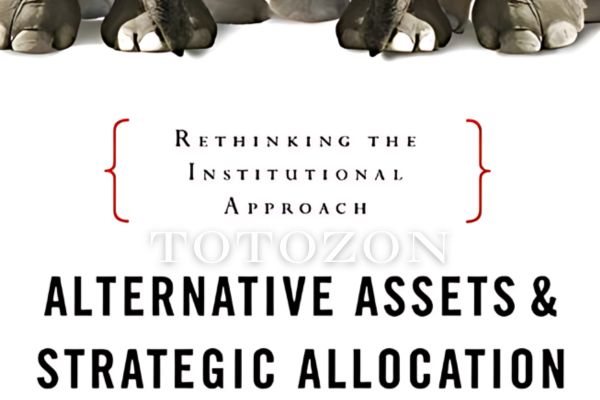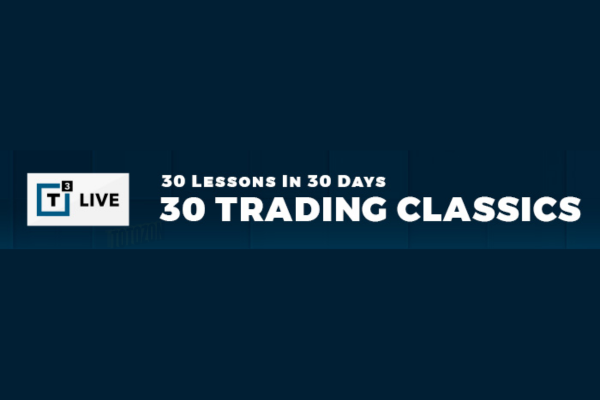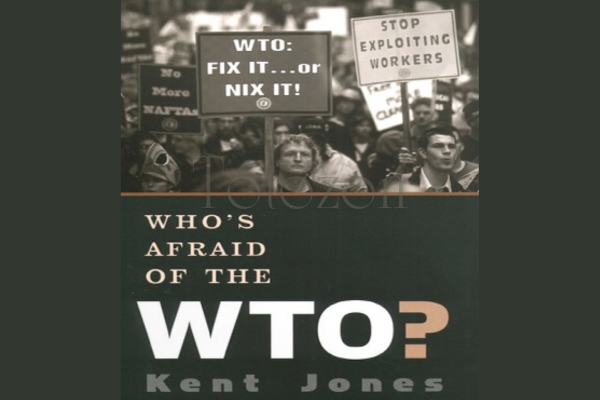-
×
 Advanced Iron Condor Course in 2021
1 × $6.00
Advanced Iron Condor Course in 2021
1 × $6.00 -
×
 Directional Calendars in 2023 with Dan Sheridan & Mark Fenton - Sheridan Options Mentoring
1 × $85.00
Directional Calendars in 2023 with Dan Sheridan & Mark Fenton - Sheridan Options Mentoring
1 × $85.00 -
×
 The Orderflow Masterclass with PrimeTrading
1 × $17.00
The Orderflow Masterclass with PrimeTrading
1 × $17.00 -
×
 TRADING NFX Course with Andrew NFX
1 × $5.00
TRADING NFX Course with Andrew NFX
1 × $5.00 -
×
 Dan Sheridan Butterfly Course + Iron Condor Class Bundle Pack
1 × $23.00
Dan Sheridan Butterfly Course + Iron Condor Class Bundle Pack
1 × $23.00 -
×
 Alternative Assets and Strategic Allocation with John Abbink
1 × $6.00
Alternative Assets and Strategic Allocation with John Abbink
1 × $6.00 -
×
 Calendar Trading in 2018 with Dan Sheridan
1 × $23.00
Calendar Trading in 2018 with Dan Sheridan
1 × $23.00 -
×
 The Complete Guide to Multiple Time Frame Analysis & Reading Price Action with Aiman Almansoori
1 × $13.00
The Complete Guide to Multiple Time Frame Analysis & Reading Price Action with Aiman Almansoori
1 × $13.00 -
×
 Fantastic 4 Trading Strategies
1 × $15.00
Fantastic 4 Trading Strategies
1 × $15.00 -
×
 Manage By The Greeks 2016 with Dan Sheridan
1 × $23.00
Manage By The Greeks 2016 with Dan Sheridan
1 × $23.00 -
×
 How To Read The Market Professionally with TradeSmart
1 × $27.00
How To Read The Market Professionally with TradeSmart
1 × $27.00 -
×
 All Weather Butterfly Program - A Deep Dive With Dan Sheridan
1 × $31.00
All Weather Butterfly Program - A Deep Dive With Dan Sheridan
1 × $31.00 -
×
 The A14 Weekly Option Strategy Workshop with Amy Meissner
1 × $23.00
The A14 Weekly Option Strategy Workshop with Amy Meissner
1 × $23.00 -
×
 WondaFX Signature Strategy with WondaFX
1 × $5.00
WondaFX Signature Strategy with WondaFX
1 × $5.00 -
×
 30 Trading Classics with 3T Live
1 × $5.00
30 Trading Classics with 3T Live
1 × $5.00 -
×
 Algo Trading Masterclass with Ali Casey - StatOasis
1 × $23.00
Algo Trading Masterclass with Ali Casey - StatOasis
1 × $23.00 -
×
 Forecast 2024 Clarification with Larry Williams
1 × $15.00
Forecast 2024 Clarification with Larry Williams
1 × $15.00 -
×
 Advanced Trading Course with DovyFX
1 × $5.00
Advanced Trading Course with DovyFX
1 × $5.00 -
×
 A Plan to make $3k Monthly on $25k with Short Term Trades with Dan Sheridan
1 × $23.00
A Plan to make $3k Monthly on $25k with Short Term Trades with Dan Sheridan
1 × $23.00 -
×
 The Prop Trading Code with Brannigan Barrett - Axia Futures
1 × $23.00
The Prop Trading Code with Brannigan Barrett - Axia Futures
1 × $23.00 -
×
 Dan Sheridan Options Mentoring Weekly Webinars
1 × $6.00
Dan Sheridan Options Mentoring Weekly Webinars
1 × $6.00
Who is Afraid of Word Trade Organization with Kent Jones
$6.00
File Size: Coming soon!
Delivery Time: 1–12 hours
Media Type: Online Course
Content Proof: Watch Here!
You may check content proof of “Who is Afraid of Word Trade Organization with Kent Jones” below:

Who is Afraid of World Trade Organization with Kent Jones
The World Trade Organization (WTO) often sparks debates and concerns globally. With Kent Jones’ expertise, we delve into the complexities surrounding the WTO and address the fears and misunderstandings that many have about this international body.
Introduction to the World Trade Organization
The WTO is an international organization that regulates and facilitates international trade between nations. Established in 1995, it aims to ensure that trade flows smoothly, predictably, and freely.
Objectives of the WTO
- Trade Liberalization: Promoting free trade by reducing tariffs and other barriers.
- Trade Negotiations: Providing a platform for trade negotiations and dispute resolution.
- Economic Stability: Contributing to global economic stability and growth.
Kent Jones’ Perspective on the WTO
Kent Jones, an eminent economist and trade expert, provides insightful perspectives on the role and impact of the WTO. His analyses help clarify the organization’s purpose and address common concerns.
Advocacy for Free Trade
Jones advocates for free trade, emphasizing that it leads to economic growth, consumer benefits, and global cooperation.
Addressing Criticisms
Jones systematically addresses criticisms of the WTO, offering evidence-based counterarguments to common misconceptions.
Common Fears and Misconceptions about the WTO
Fear of Sovereignty Loss
Many fear that the WTO undermines national sovereignty by imposing international rules and regulations.
Reality Check
- Voluntary Membership: Joining the WTO is voluntary, and nations retain the right to leave.
- Policy Flexibility: Member countries can adapt policies within the framework of WTO agreements.
Concerns about Job Losses
Some argue that free trade agreements facilitated by the WTO lead to job losses in certain sectors.
Balancing Act
- Economic Adjustment: While some jobs may be lost, others are created in new and growing industries.
- Support Mechanisms: WTO agreements often include provisions for supporting affected industries and workers.
Environmental and Social Impact
Critics claim that the WTO prioritizes trade over environmental and social considerations.
Integrative Approaches
- Sustainable Development: The WTO incorporates sustainable development goals into its policies.
- Collaborative Efforts: Works with other international organizations to address environmental and social issues.
Benefits of the WTO
Economic Growth
By promoting free trade, the WTO contributes to global economic growth and development.
Consumer Benefits
Free trade leads to lower prices and a greater variety of goods for consumers.
Conflict Resolution
The WTO provides a structured process for resolving trade disputes, reducing the likelihood of trade wars.
The Role of Trade Agreements
Multilateral Agreements
Multilateral agreements involve multiple countries and aim to establish comprehensive trade rules.
Bilateral and Regional Agreements
Bilateral and regional agreements are made between two or more countries, focusing on specific trade relationships.
Case Studies of WTO Impact
China’s WTO Accession
China’s accession to the WTO in 2001 led to significant economic growth and integration into the global economy.
Doha Development Round
The Doha Development Round aims to address issues faced by developing countries in global trade.
Challenges Facing the WTO
Globalization Backlash
Rising protectionism and nationalist sentiments challenge the principles of free trade.
Dispute Settlement System
The WTO’s dispute settlement system faces criticism for being slow and complex.
Need for Reform
There are calls for reform to make the WTO more inclusive and adaptable to current global challenges.
The Future of the WTO
Adapting to Change
The WTO must adapt to changes in the global economy, including digital trade and environmental concerns.
Strengthening Cooperation
Enhanced cooperation with other international bodies can help address multifaceted global issues.
Promoting Inclusivity
Ensuring that all member countries, especially developing ones, benefit equally from global trade.
Conclusion
Understanding the WTO with insights from Kent Jones reveals that many fears are based on misconceptions. The WTO plays a crucial role in promoting global economic stability and growth. By addressing the criticisms and focusing on reform and cooperation, the WTO can continue to be a force for positive change in the world.
FAQs
1. What is the World Trade Organization (WTO)?
The WTO is an international organization that regulates and facilitates international trade between nations.
2. How does the WTO impact national sovereignty?
The WTO operates on voluntary membership, allowing nations to retain their sovereignty while benefiting from international trade rules.
3. Does the WTO cause job losses?
While some jobs may be lost, the WTO also creates opportunities in new industries and supports affected workers.
4. How does the WTO address environmental concerns?
The WTO integrates sustainable development goals and collaborates with other organizations to address environmental issues.
5. What challenges does the WTO face?
The WTO faces challenges such as globalization backlash, the need for dispute settlement reform, and ensuring inclusivity for all member countries.
Be the first to review “Who is Afraid of Word Trade Organization with Kent Jones” Cancel reply
You must be logged in to post a review.
Related products
Forex Trading
Forex Trading
Forex Trading
The Complete Guide to Multiple Time Frame Analysis & Reading Price Action with Aiman Almansoori
Forex Trading
Forex Trading
Forex Trading
Forex Trading
Forex Trading
Forex Trading
Forex Trading
Forex Trading




















Reviews
There are no reviews yet.